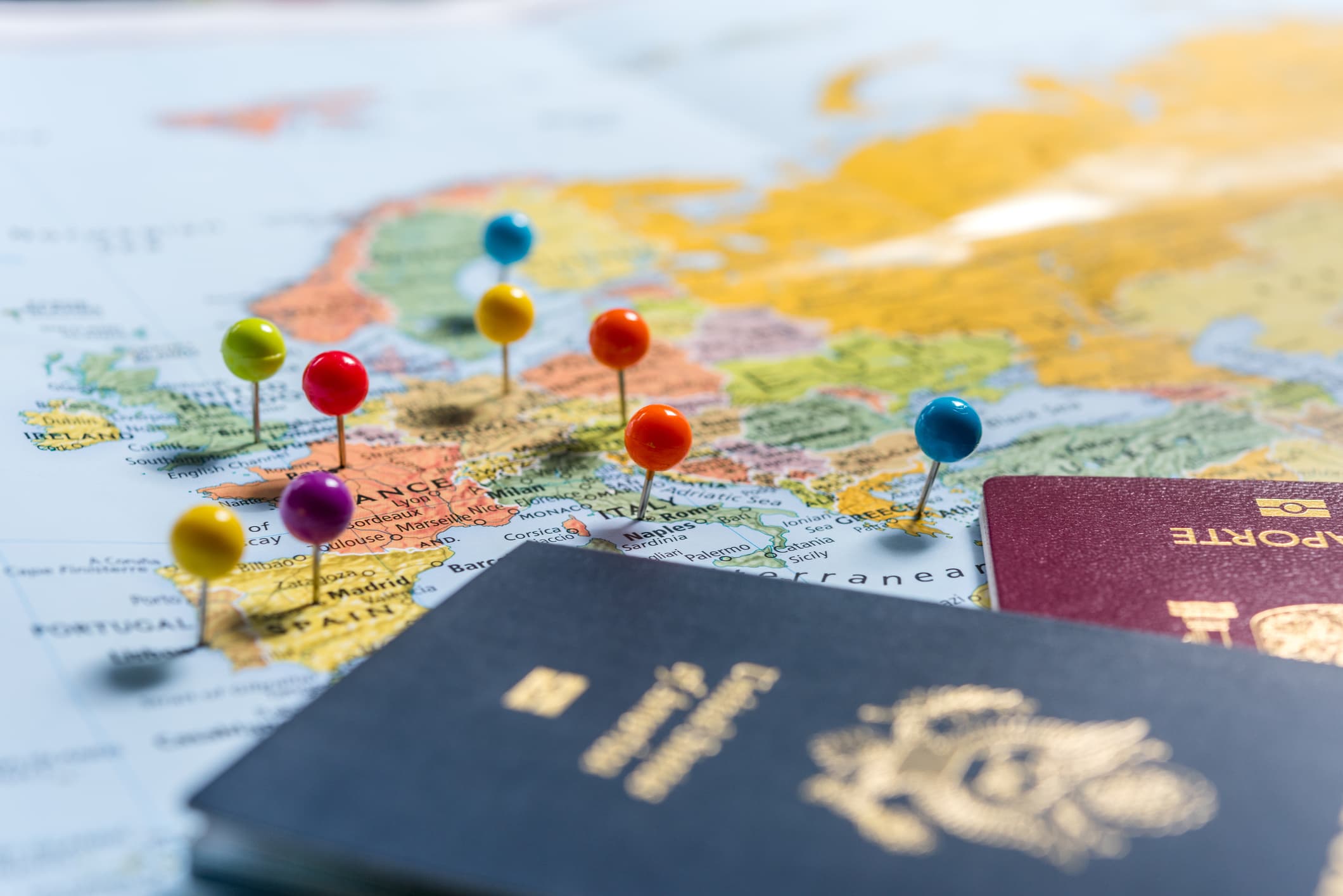The business of selling citizenships to the world’s wealthy has grown into a $20 billion industry. Now “golden passport” programs are under fire as a result of the crackdown on Russian oligarchs.
Russian billionaires have been among the world’s largest buyers of multiple citizenships, using alternate passports to help protect their assets and allow freer travel. Yet sweeping sanctions against Putin’s oligarchs has led governments to limit and in some cases end their lucrative pay-for-passport programs.
The EU Parliament voted this week to phase out citizenship-by-investment programs run by some EU countries. European leaders said the programs have become a “backdoor for dirty money” and created an easy financial route allowing many oligarchs to live and conduct business in Europe.
“They are designed for shady business, shady money and shady characters,” said Sophie In ‘t Veld, a member of the European Parliament.
The three EU countries offering golden passports — Bulgaria, Cyprus and Malta — are all phasing out or considering ending their programs. The 12 EU countries offering golden visas, or residency permits for investments, including Greece, Spain and Hungary, are also now considering new limits or phasing them out.
The U.K. is planning to abolish its golden visa program, which gives foreign nationals a path to residency if they invest at least $2.7 million. As of the end of March 2020, the UK government issued 2,581 visas to Russian citizens under the program since its launch in 2008. A report commissioned on the program by lawmakers in 2020 concluded that “the U.K. welcomed Russian money, and few questions — if any — were asked about the provenance of this considerable wealth.”
Attorneys who specialized in investor visas in the Caribbean say several countries have stopped processing applications from Russians and won’t take any new applications from Russian nationals. They said St. Kitts, Grenada and Dominica — all popular with Russians — are also re-evaluating their programs.
The U.S. this week also overhauled its own investor-visa program. Lawmakers in Congress reached a deal to reform and reauthorize the EB-5 visa program, which allows foreign investors to apply for green cards after investing in real-estate, infrastructure or other projects. The changes included increasing the required investment in high-unemployment areas to $800,000 from $500,000, while the required $1 million investment for other projects will increase by $50,000.
The changes also include more monitoring of the programs and detailed screening of applications by the Department of Homeland Security to include criminal background, national security checks and financial compliance. The EB-5 program, launched in 1993, has become a valued source of cheap capital for real-estate developers, since EB-5 investors generally don’t require sizable returns because they’re also getting American visas.
Transparency International, which has highlighted the widespread fraud and corruption in investment-visa programs for years, said simply ending the programs is not enough. The group has called on governments to also consider revoking existing citizenships and visas from individuals governments deemed “suspicious” based on financial transactions and sources of funds.
“Over the last decade, corrupt public officials and business people bought up golden passports and visas, helping to conceal their assets and identities, ” said Maira Martini, Transparency International’s expert on corrupt money flows. “Russians reportedly make up half of those who have acquired citizenship using this route. Scandals have shown that these opaque schemes are not about genuine investment or immigration.”
Efforts to shutdown or limit the programs have faced stiff opposition from the law firms, investment companies and government agencies that have benefitted. The business of selling visas and passports has exploded to over $21 billion a year, according to Investment Migration Insider. It’s expected to grow to over $100 billion in revenue by 2025, according to the publication.
